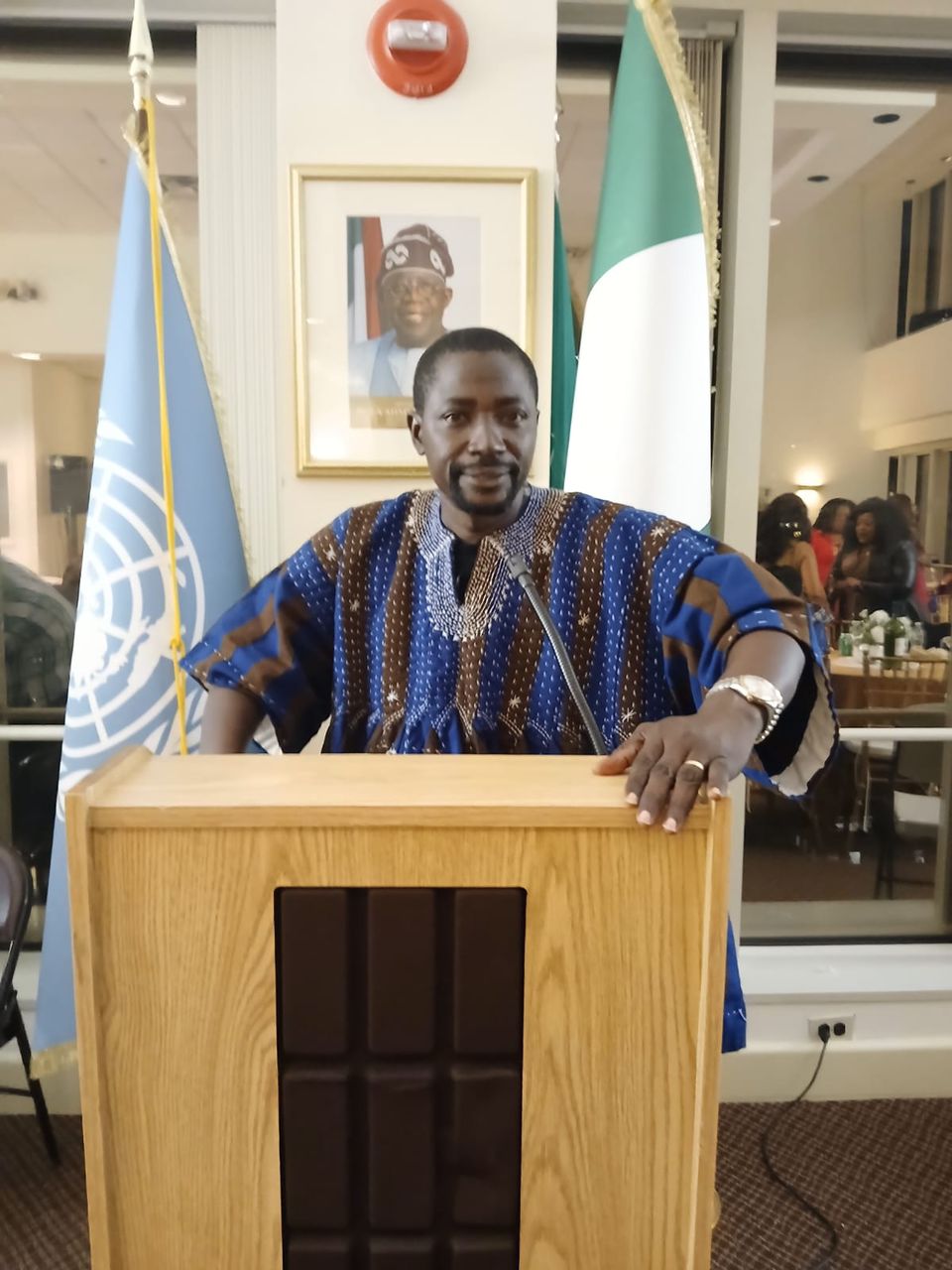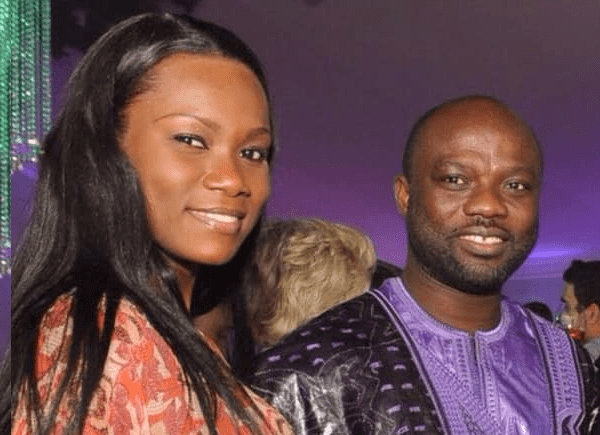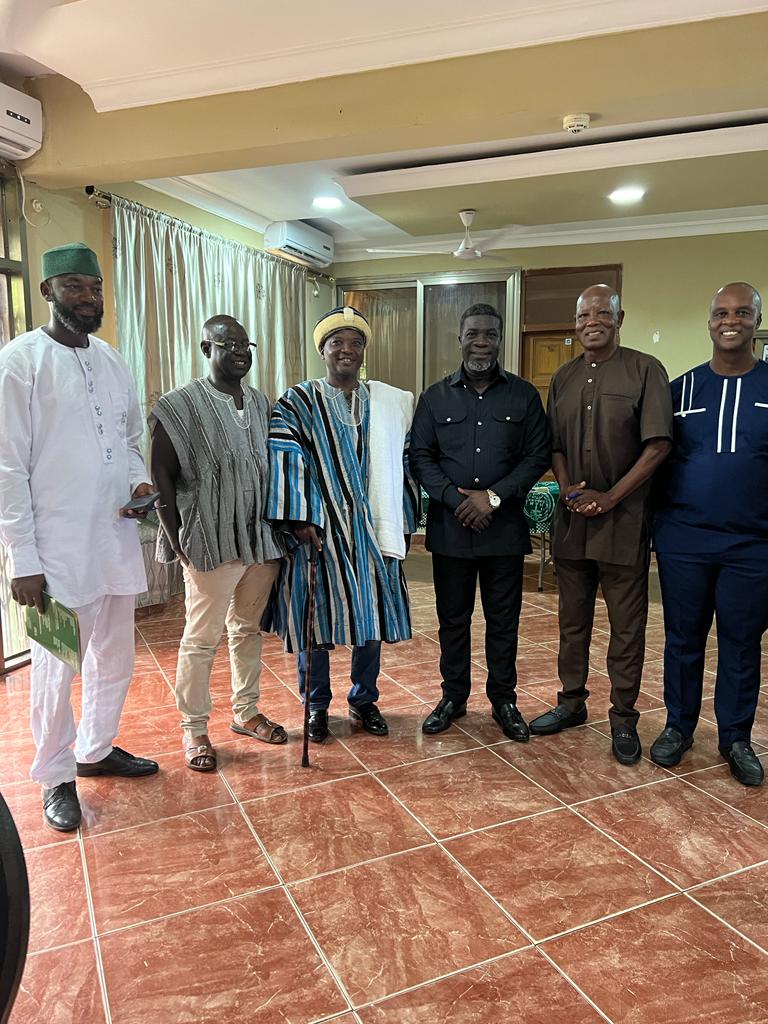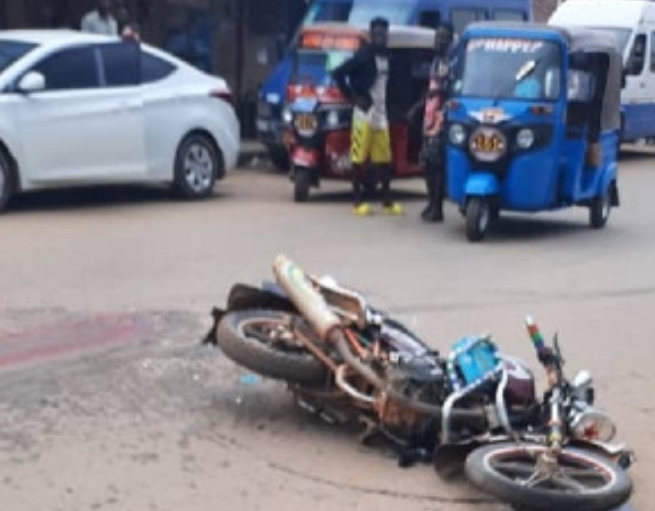Ghanaian UN Peace Ambassador Urges Global Leaders to Harness Cultural Placemaking for Economic Growth and Trade

Ambassador Dr. Stephen Kojo Sackey, a distinguished Ghanaian UN Goodwill Peace Ambassador, has called on world leaders to embrace cultural placemaking as a vital strategy for promoting trade, investment, and economic development.
He emphasized the importance of arts, culture, and heritage in shaping vibrant social settings, urging traditional authorities and government leaders to collaborate in creating public spaces that resonate with both locals and visitors. “If we can make a meaningful impact in our social settings, we cannot rule out the role of arts, culture, and heritage in shaping where we live and make it a better place,” he stated.
Ghana serves as a prime example of successful cultural placemaking, boasting iconic landmarks such as the Bunsu Arboretum, Aburi Botanical Garden, Wli Waterfalls, Tafi Atome Monkey Sanctuary, Manhyia Palace, Okomfo Anokye Sword, Cape Coast Castle, Paga Zenga Crocodile Pond, and Kintampo Waterfalls in the Bono East Region. These sites have transformed local areas into dynamic public spaces that attract global visitors and boost the local economy. “We have to cherish our placemaking in our societies,” Dr. Kojo Sackey added.
He also highlighted Meshanticut, a residential neighborhood in Cranston, Rhode Island, as an example of successful placemaking in the United States. Featuring Victorian homes, cottages, capes, and Meshanticut State Park, the area draws thousands of tourists annually. The park, which surrounds Meshanticut Lake, offers fishing in the summer and ice skating in winter, contributing significantly to the local community.
Ghana is a major destination for tourists in West Africa, particularly attracting visitors from the United States. In 2023, nearly 134,000 Americans visited Ghana, contributing to a total of 1.1 million tourist arrivals that year, marking a sharp increase from previous years affected by the COVID-19 pandemic. These visits have strengthened the ties between Ghana and the United States, with tourism forex earnings for Ghana amounting to US$1.5 billion annually. In 2022, the hotels and restaurants sector alone contributed an estimated 3.9 billion Ghanaian cedis (approximately 257.3 million U.S. dollars) to Ghana’s GDP.
Dr. Kojo Sackey also noted the reciprocal relationship, with many Ghanaians visiting prominent U.S. tourist sites such as Times Square, which attracts about 50 million visitors annually. This mutual tourism exchange has bolstered economic, social, and investment ties between the two nations.
The ambassador underscored the importance of involving Indigenous communities in tourism development and policy formulation. “Inasmuch as placemaking can stimulate economies, promote infrastructure development, and protect natural and cultural resources, the indigenous people of every placemaking are the best people to outline and give clear details of their tourist sites. They are in the best position to narrate the historical facts of the area.”
Dr. Kojo Sackey cautioned against the reckless commodification of cultural assets, which alienates Indigenous communities, perpetuates cultural exploitation, and endangers biodiversity.
He called on world leaders to recognize the impact of cultural placemaking on Indigenous communities and ensure their involvement in decision-making processes to preserve authenticity and foster mutual understanding.
Source: Francis Agyapong Nimpong





